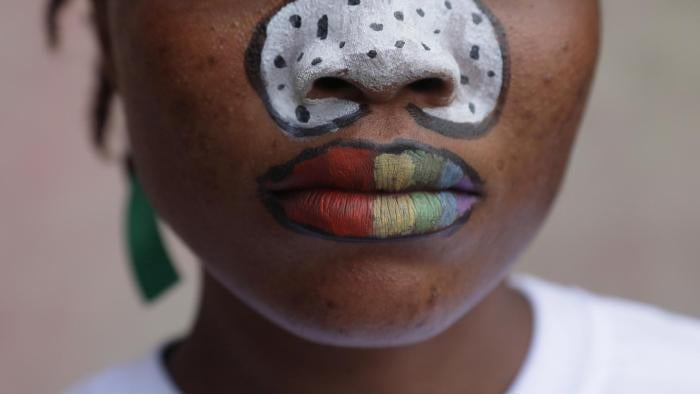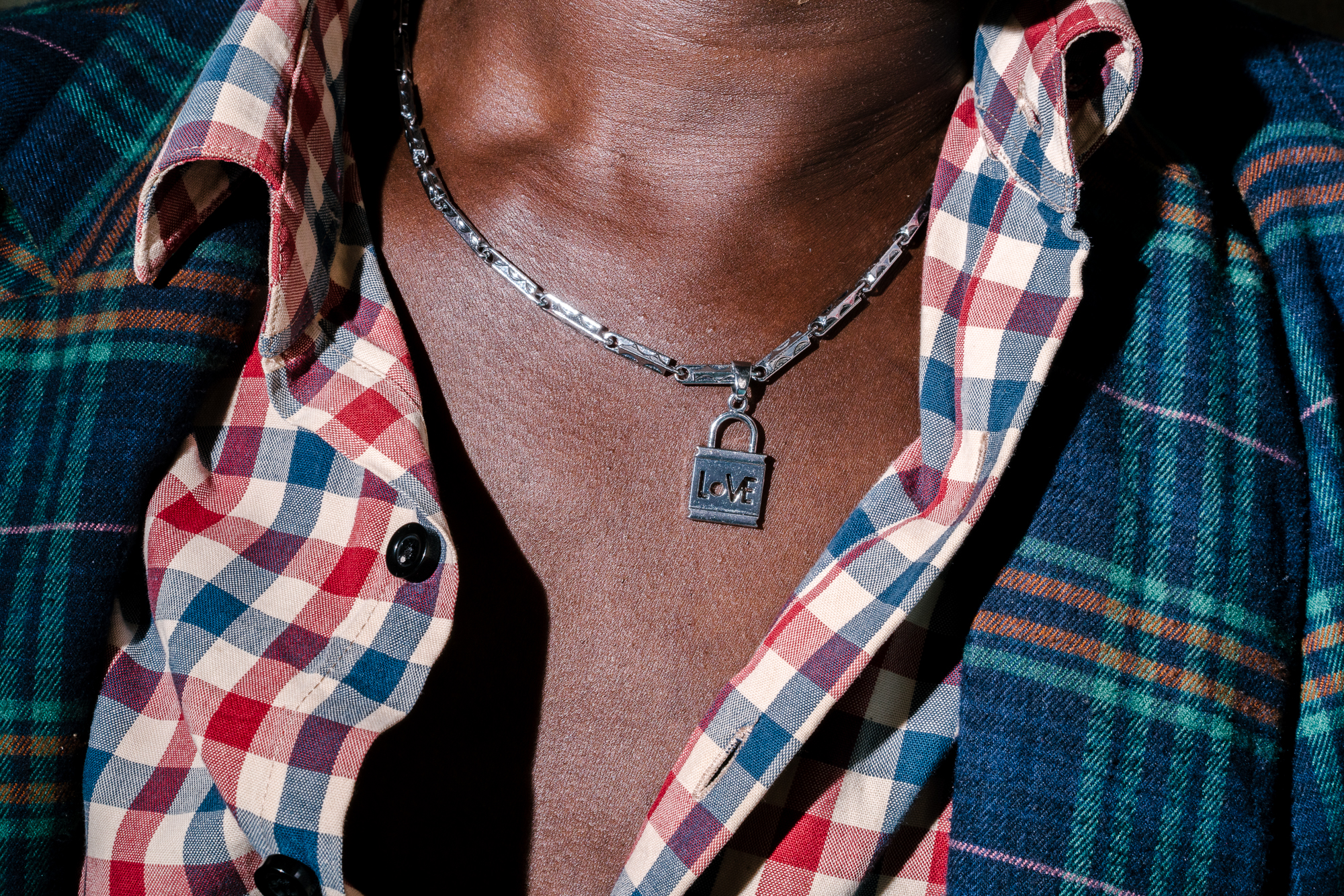

Coincidentally, both these stories are set in Uganda-or perhaps it is not a coincidence, considering the severity of Uganda's anti-homosexuality laws.įrom the perspective of literary studies, the stories that are not particularly challenging are still innovative, in the sense that clichéd tropes and narratives associated with both queerness and Africa are challenged. Another story that successfully follows this approach is "This Tomorrow Was Christmas" by Juliet Kushaba, dealing with the character of Siima's attempt to introduce her family to her life partner. Smoke rose lazily in the distance, a cow mooed somewhere, breaking the silence" (143)- while conveying the danger of their situation. It is one of the stories that most successfully combines delicate descriptions of the specific details that make up people's lives-"They were lying face up on the intricately patterned mat, heads resting against folded arms, the valley laid out below them.

"Perilous Love" by Jennifer Shitna Ayebazibwe tells the story of the relationship between Ugandan Tibahitana and German Ilsa, and the decision they must make on whether to stay in Uganda given that they could face up to fourteen years in prison (144). This in itself is radical considering the violent and bureaucratic suppression they are often faced with. Most stories, however, are gentler, subtly transporting readers to the everyday lives of queer people in Africa. van Rooyen and "My Dad Forgot my Name?" by Victor Lewis do employ a strategy of challenging readers' moral preconceptions. Some stories in Queer Africa 2, most prominently "Philip" by Barbara Adair, "Mirage of War" by S. Far from seducing the reader, they aimed at shocking her or him out of complacency.

This, then, is a different strategy than that adopted by writers who popularised queer writing in the 1980's and 1990's, such as Kathy Acker or (Afrikaans short story writer) Koos Prinsloo. Their agenda is therefore political and aesthetic, undermining the idea that the two are opposed. Xaba answered that while her and Martin's project is political, they want the stories to "seduce" the reader into being immersed in the different perspectives represented by the various stories. ISBN 978-1-92.Īt the February Lectures on Queer Life in the Global South at the University of South Africa in Pretoria in 2018, an audience member asked Makhosazana Xaba whether politics or aesthetics weighed heavier in the selection of the short stories for Queer Africa 2 (following on Queer Africa: new and collected fiction published in 2013).


 0 kommentar(er)
0 kommentar(er)
